PERSONAL NOTE:
This topic is something that I’ve enjoyed thinking about and sharing with others in conversations. However, when attempting to write a thorough perspective of it, I found it painstakingly difficult… to the point where I began to question everything I was even saying. Perhaps I still need to think on, understand and ponder this more within myself. For now, this is what I have.
It’s a puzzling thing. What pushes us to keep exploring? What keeps the fire of soulful adventure burning? What drives us to go just a little further despite pain, struggle and not knowing what we will see or if it will be “worth it”? And what makes it still seem worth it when the outcome isn’t what we were expecting?
I found myself asking these equivocal questions last week while pedaling further into the Bridger-Teton National Forest towards the Gros Ventre Wilderness boundary. During the winter, nature takes on a whole new scene, becoming a magical wonderland I’ve come to love. The feeling of being remote is much more present, even with a few encounters of fellow trail users.
I had never been to the Wilderness boundary during summer or winter. I had no idea how far I’d get on the narrow trail packed down by snowmobiles, fatbikes, and ski tracks. I made it to the Noker Mine Draw, what I estimate was less than a half-mile from the boundary. The trail across the bridge wasn’t nearly as packed to continue by bike, so I dubbed this my turn-around point.
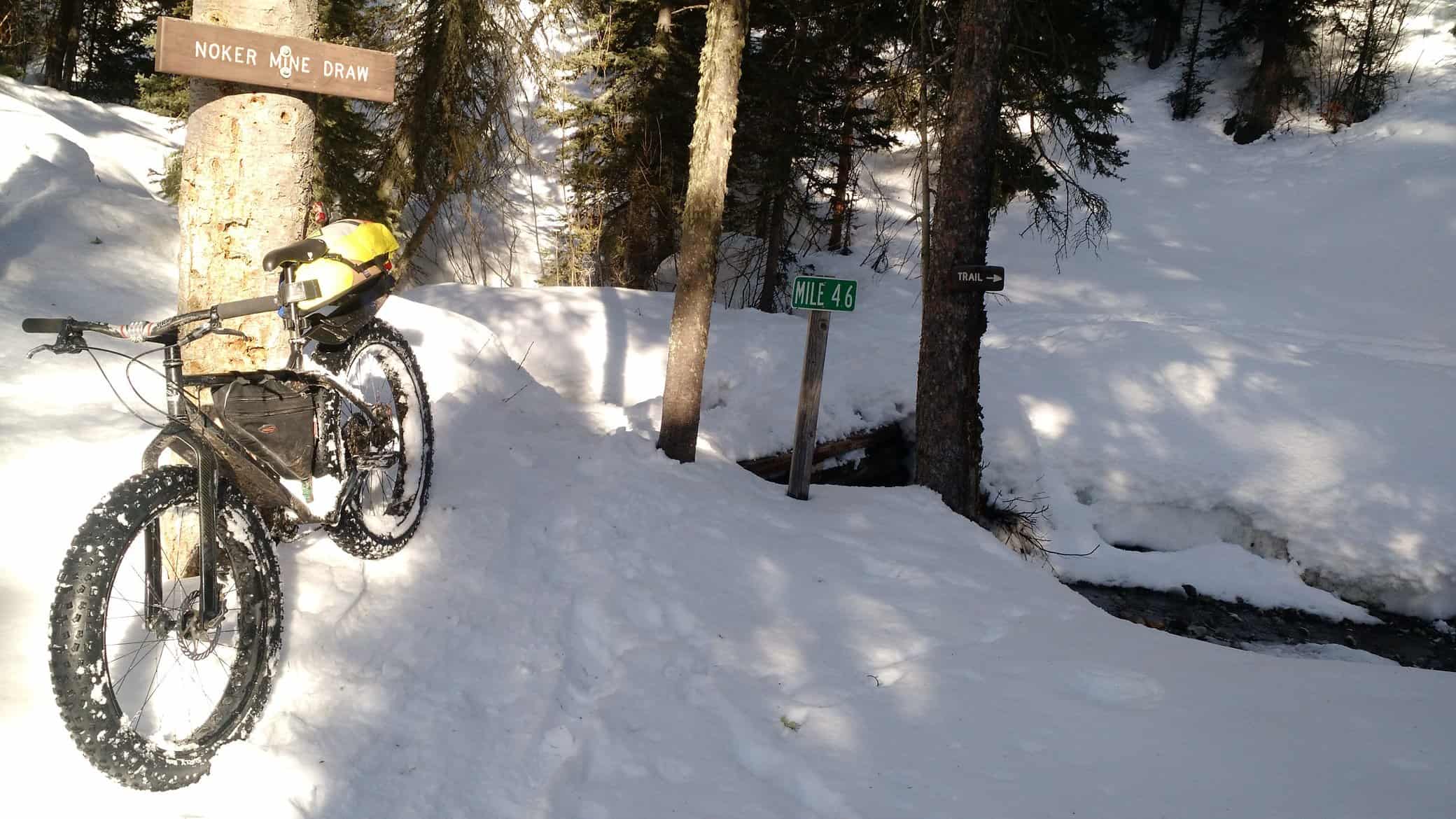
I felt content with my newly acclaimed destination. I had heard the words “Noker Mine Draw” and now I had a place to put with them.
Still, questions later came to mind: Was it the destination or the ride that was the reward? Did not reaching the destination reduce my satisfaction of my time spent? After all, I was so close… To answer those questions, one must first understand how they determine accomplishment, reward, and satisfaction with their own adventure.
Adventurous Naivete
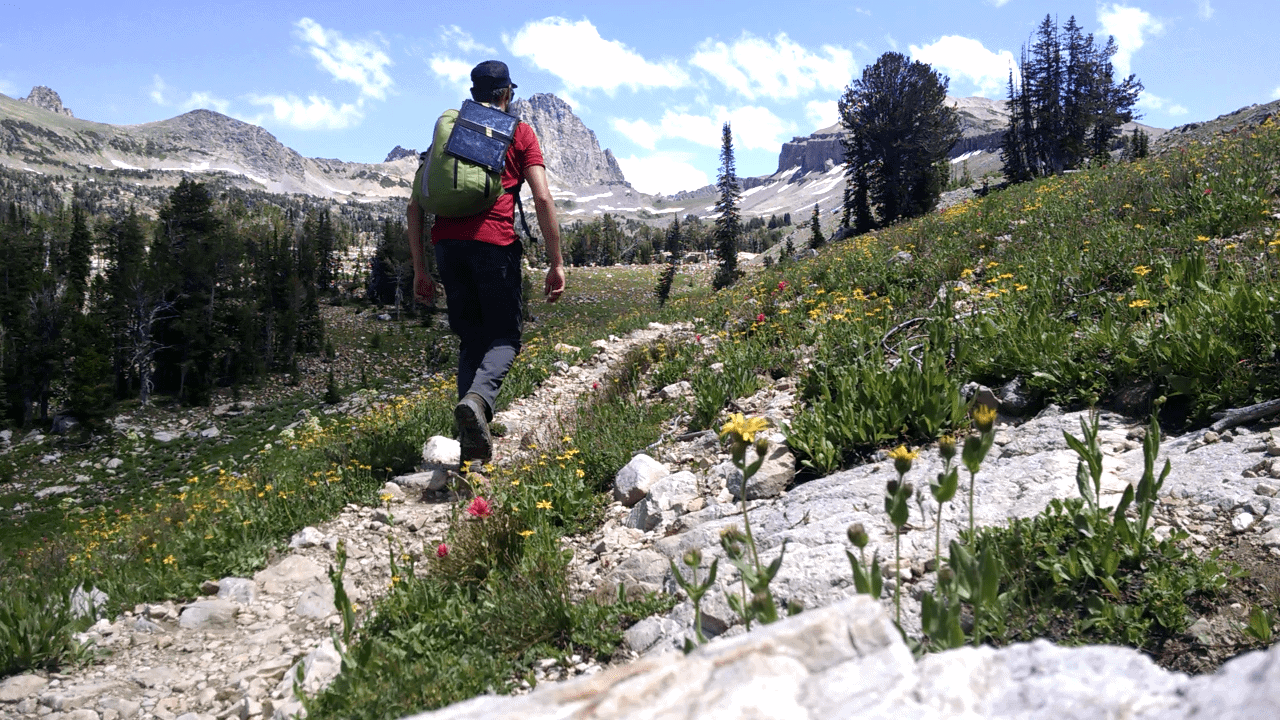
My ambiguous desire to keep exploring is rarely motivated by competition such as races. Sometimes in the moment I have noticed I’m going harder to stay ahead of someone or to keep up with someone, but it’s never been the primary motivator. I’m not sure I even quite understand what it is that keeps me pedaling or walking, without knowledge of how far I have to go. Is this an example of “ignorance is bliss”? Instead of focusing on the slow climb, I’m simply taken up with just going forward one step or one push of the pedal at a time, looking around and admiring the snow covered conifers and paralleling streams to remind me I’m going uphill.
Sacrifice / Reward Balance
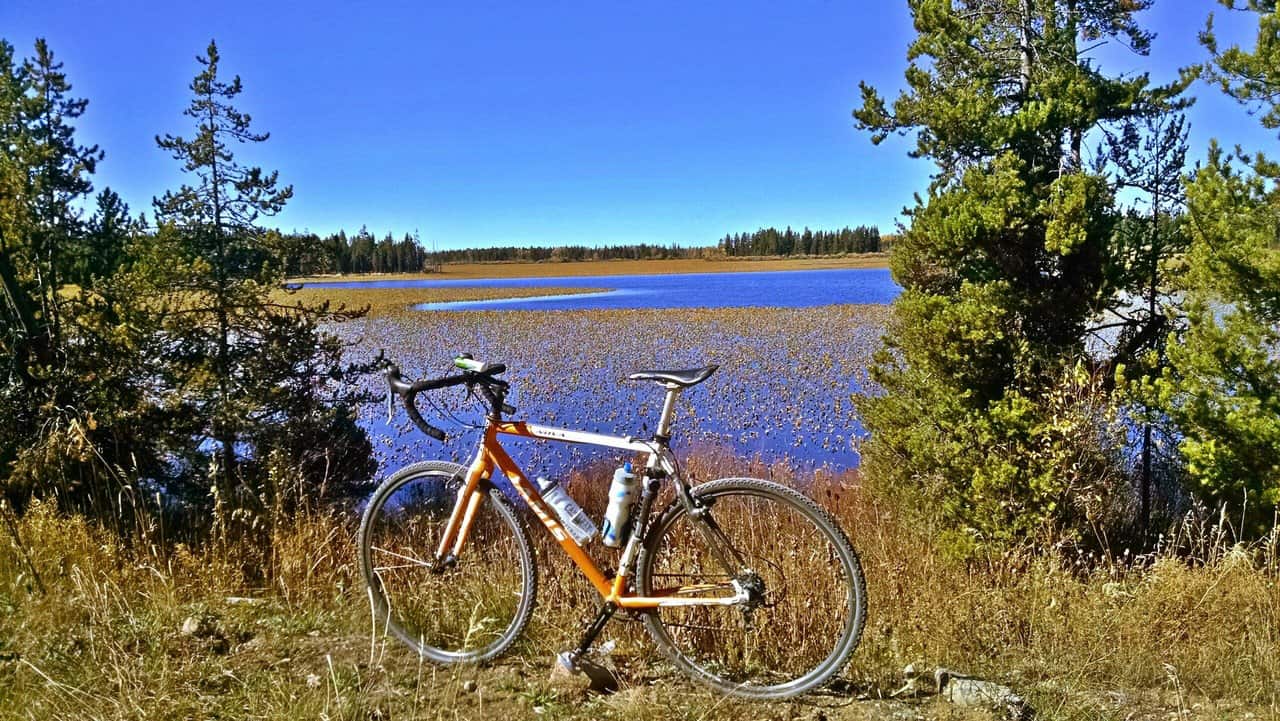
When a destination is in mind, but no guarantee of a grand view or even of getting to the destination, what is the driving inspiration? Am I hoping to be surprised? To see some new views? That could be part of it.
What is the reward? What makes it worth it? Does reaching the destination equal a reward? Can a reward be found more in the experience than the actual destination? Furthermore, does how we perceive the “reward” acknowledge our own progress in personal growth?
I believe reward can be different for each of us. I know for myself that I hate to turn back before getting to my “destination”—if I know I can go further, or if I have a specific destination or route in mind, I have to do it and get there. That said, I can also be content just aimlessly wandering and exploring. I provide examples of this later, comparing two contrasting points of view—one where I was satisfied with the decision of turning around, the other where it killed me to do so.
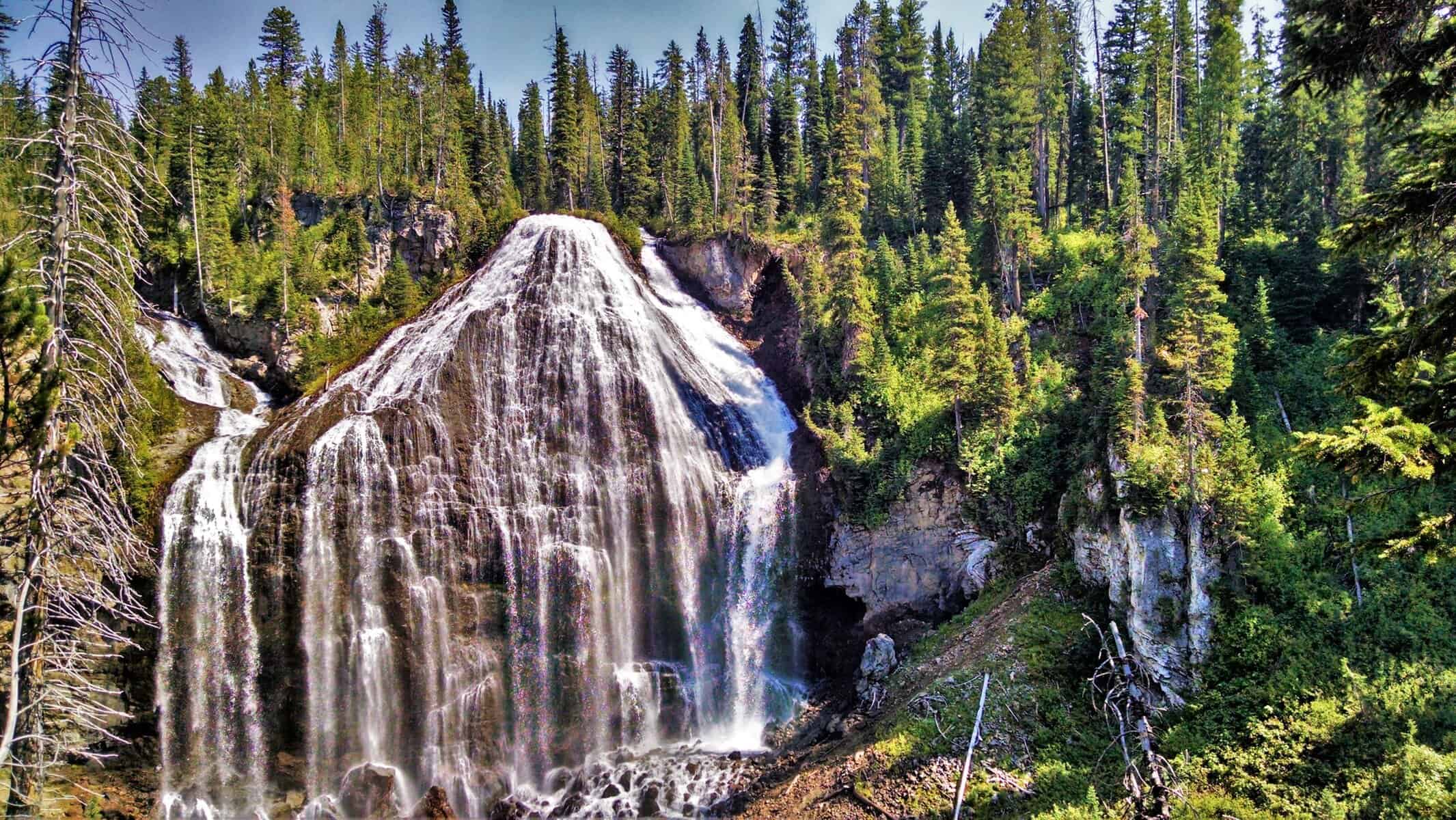
The feeling of it being worth it can be easily determined when I contemplate why I’m out there. I personally enjoy a combination of challenge, scenery, destination and exploration. Sometimes it’s about a specific place… exploring a new route… doing an epic trip or setting a new milestone.
Additionally, I enjoy the company. However, that brings a whole new set of things into the equation. Usually, if I’m with someone else, the focus is sharing the adventure with them.
DOES HOW WE PERCEIVE THE “REWARD” ACKNOWLEDGE OUR OWN PROGRESS IN PERSONAL GROWTH?
What defines whether I feel satisfied with my adventure or wish I could have done more? Part of it could be a mindset, but I do think there are other factors as well.
How about when I don’t even know how far I’ll get? Sometimes I feel a comfort in uncertainty and this is an example. Just going and leaving it all up in the air. I have a plan and I travel prepared, but I don’t think about the distance—what happens, happens and I’m fine with that.
Maybe that is part of the drive—to discover how far I can go, both for exploration purposes and future information.
Right now, these don’t seem like very good reasons when your legs are burning and you’re out of water (like I was that day—I did eat some snow).
The Downhill Makes It Easier
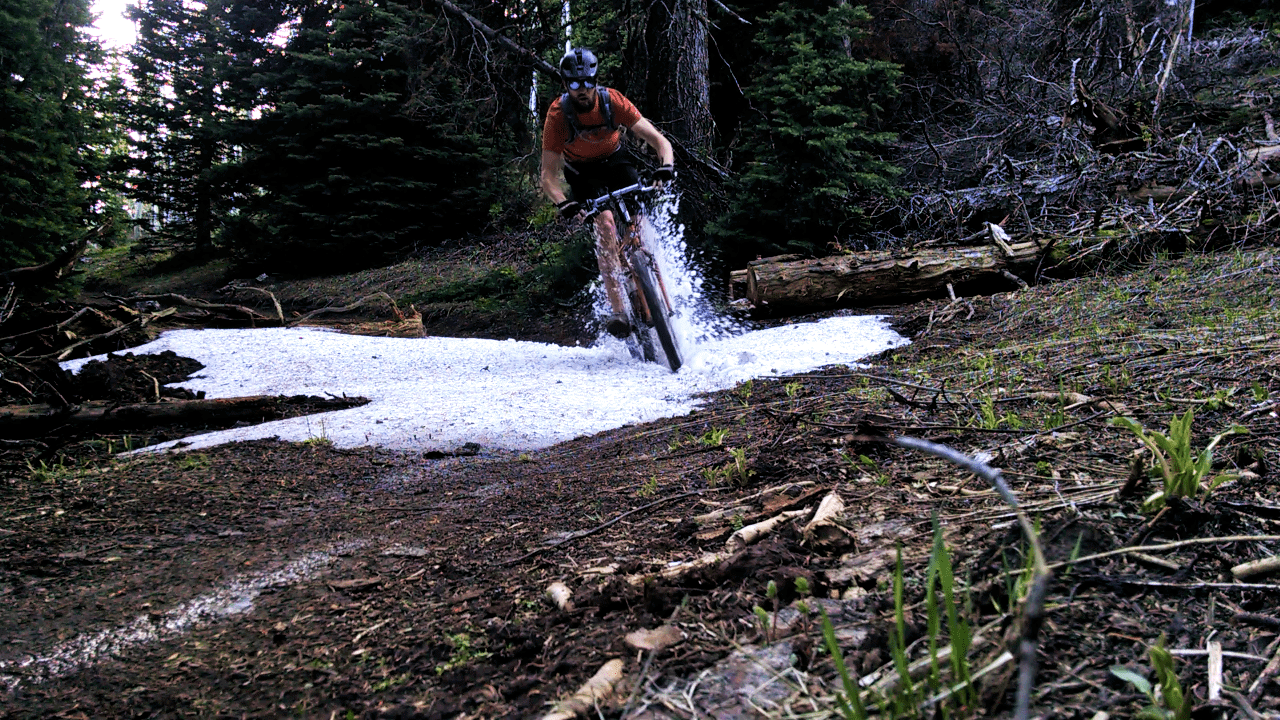
I’ll be honest here, one of the reasons I enjoy biking so much is even when I climbed to a certain point and it’s not what I hoped for, I still have the downhill to reward me. This ride I’ve used as an example was particularly enjoyable coming down. No worries about other traffic (for the most part). Some unsuspecting “jumps” to give me that sense of thrill. And just plowing through the snow, mostly out of control. What a rush.
Biking certainly isn’t the only way to experience this. On my way up, a cross-country skier was coming down the narrow trail. I happily and eagerly got out of the way as he and his dog frolicked by with a great big smile on both of their faces. “I’m having a blast!” I think he shouted. And he was.
Little Discoveries
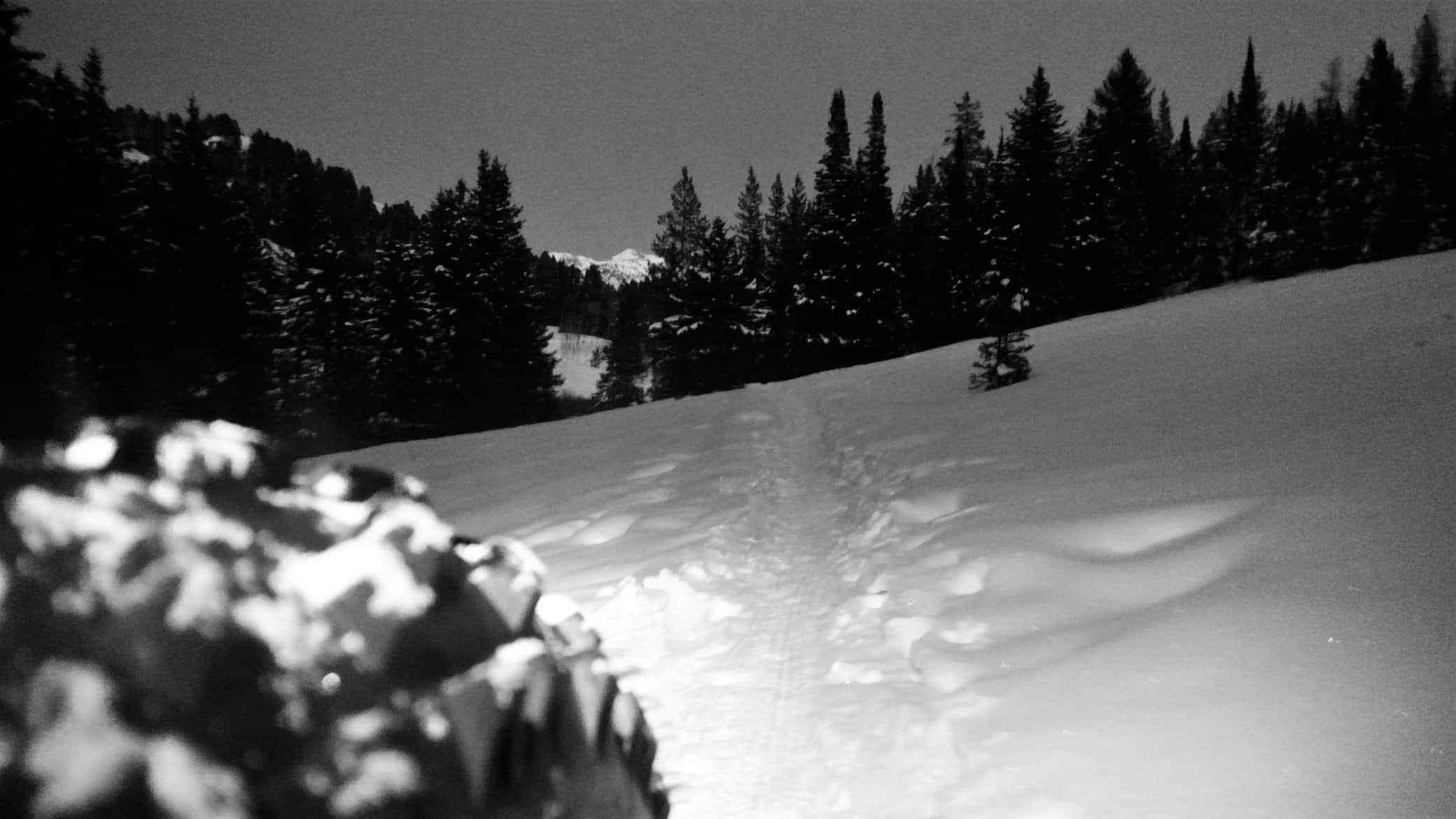
Sometimes I feel this pursuit is fed by small tidbits of discoveries and enjoyment through the process. Imagine elusive mountain peaks preceded by just their tips atop a treeline as you climb towards them, eagerly anticipating grander views. Or noticing a waterfall for the first time because it had already dried up in previous visits. Perhaps just being in the moment, surrounded by snow-capped evergreens lining the sun-kissed canyon walls. Maybe it is the magical sense of solitude, only accompanied by the eternal waves of glistening snow as beams of light find their way through the thick palisade of pine branches.

Becoming lost in nature means more than just losing your directional sense. It’s being overwhelmed by all that is around you that you forget the very essence of what you’re even doing or why you thought you were there… you discover there is a lot more to your desire to be in nature than you even originally thought. It’s a pursuit that perhaps takes a lifetime to fully understand.
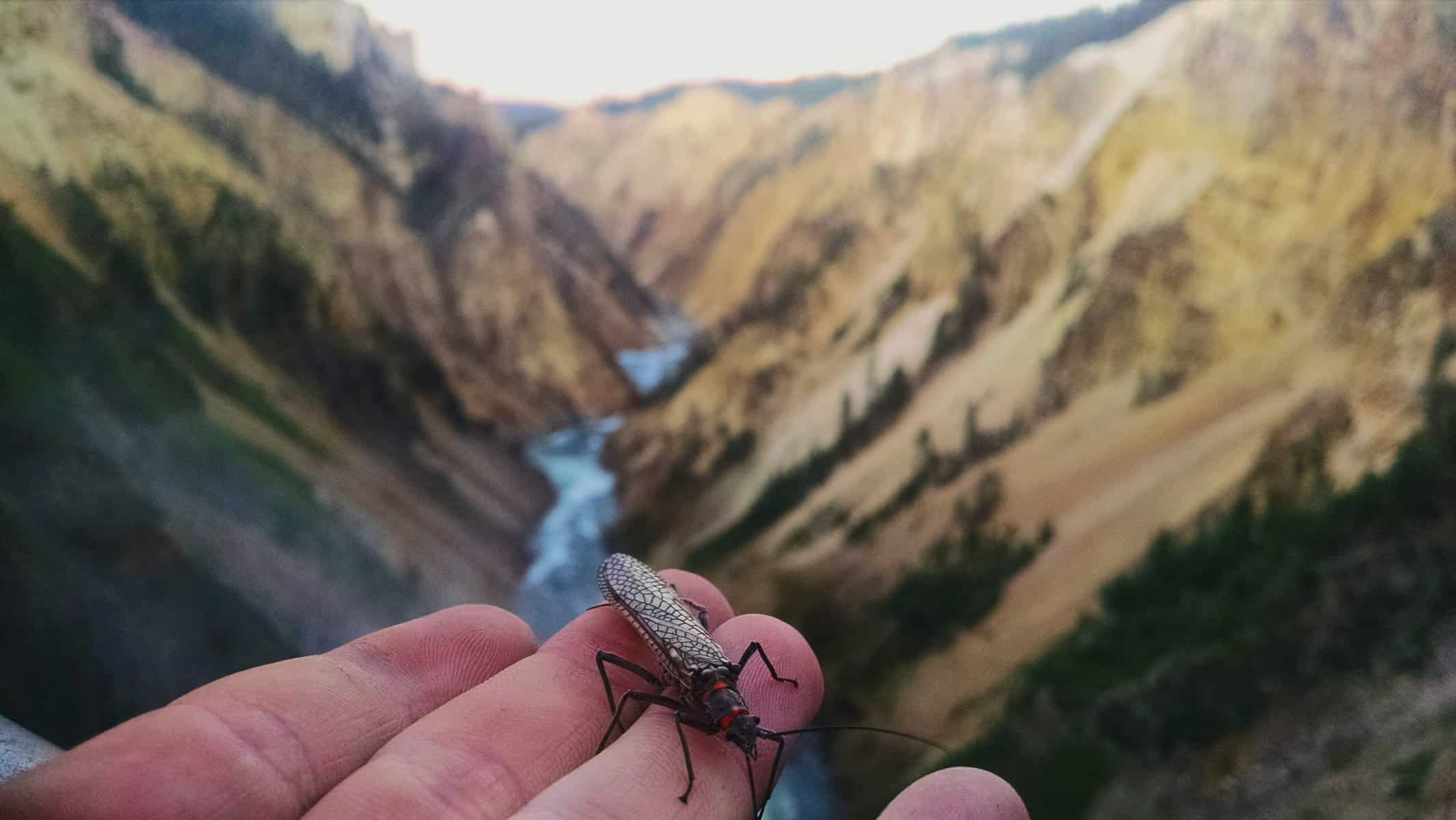
The Same Scenery, Different Views
EXPLORATION DOESN’T ALWAYS MEAN SEEKING NEW PLACES, IT IS OFTEN JUST VIEWING OLD PLACES IN A DIFFERENT WAY.
There can also be an acknowledgment of the same scenery in a different light. A different perspective. It could be different colors and patterns from exploring during a different time of day than usual. Or because of unique cloud cover that directs the sunlight to different places, making them stand out in greater beauty than noticed before.
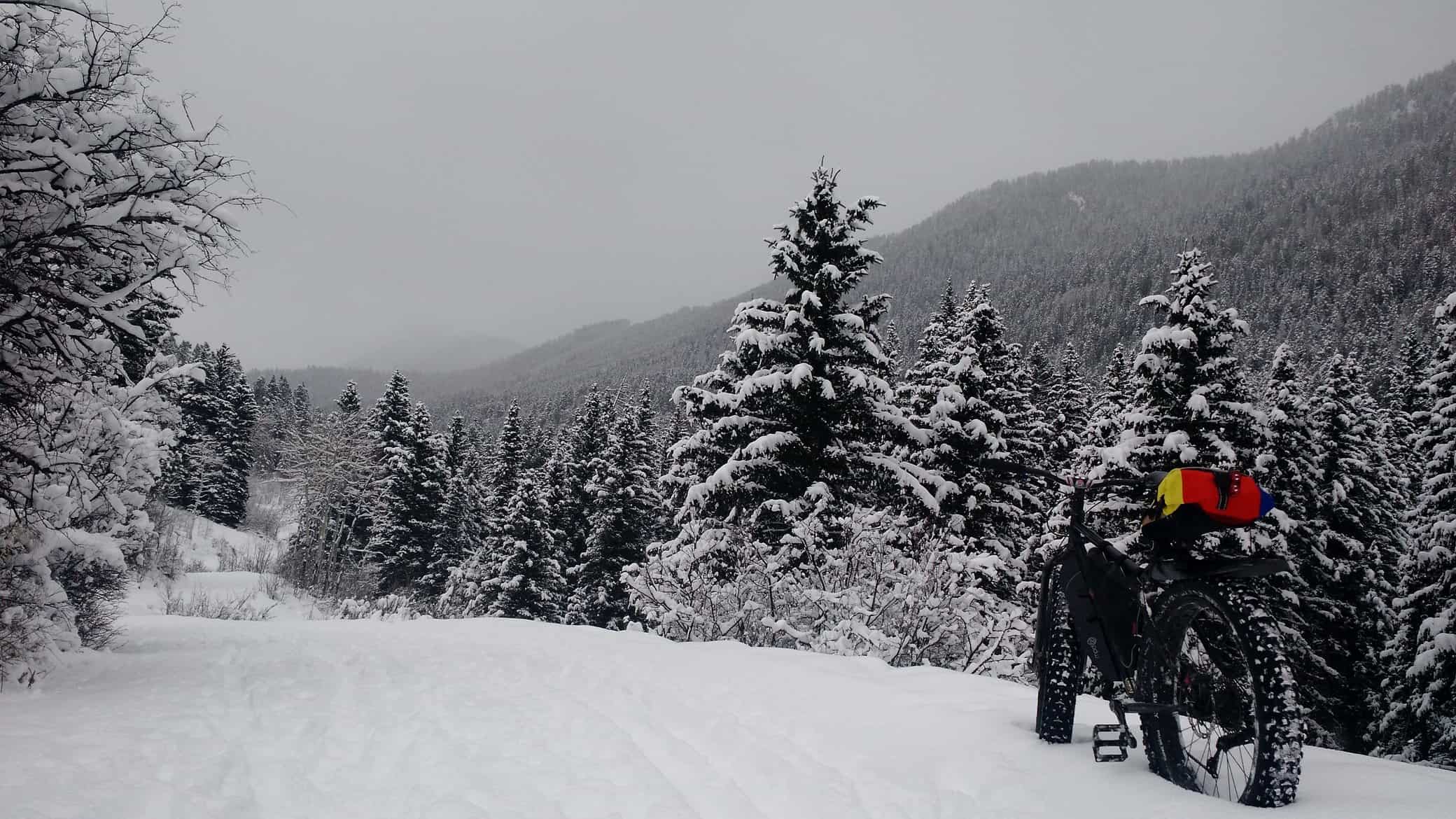
Sometimes, though, I feel it is just the present state of mind. Heightened curiosity and appreciation for what is around you can produce awareness for something you’ve passed by a hundred times prior. You now stop to appreciate that view, plant, log or boulder. And if you don’t stop, you still acknowledge it, reminded by the emotions and thoughts you had in a moment in time. This awareness is what I’ve found to become the entire essence of making an adventure.
Equivocal Victories
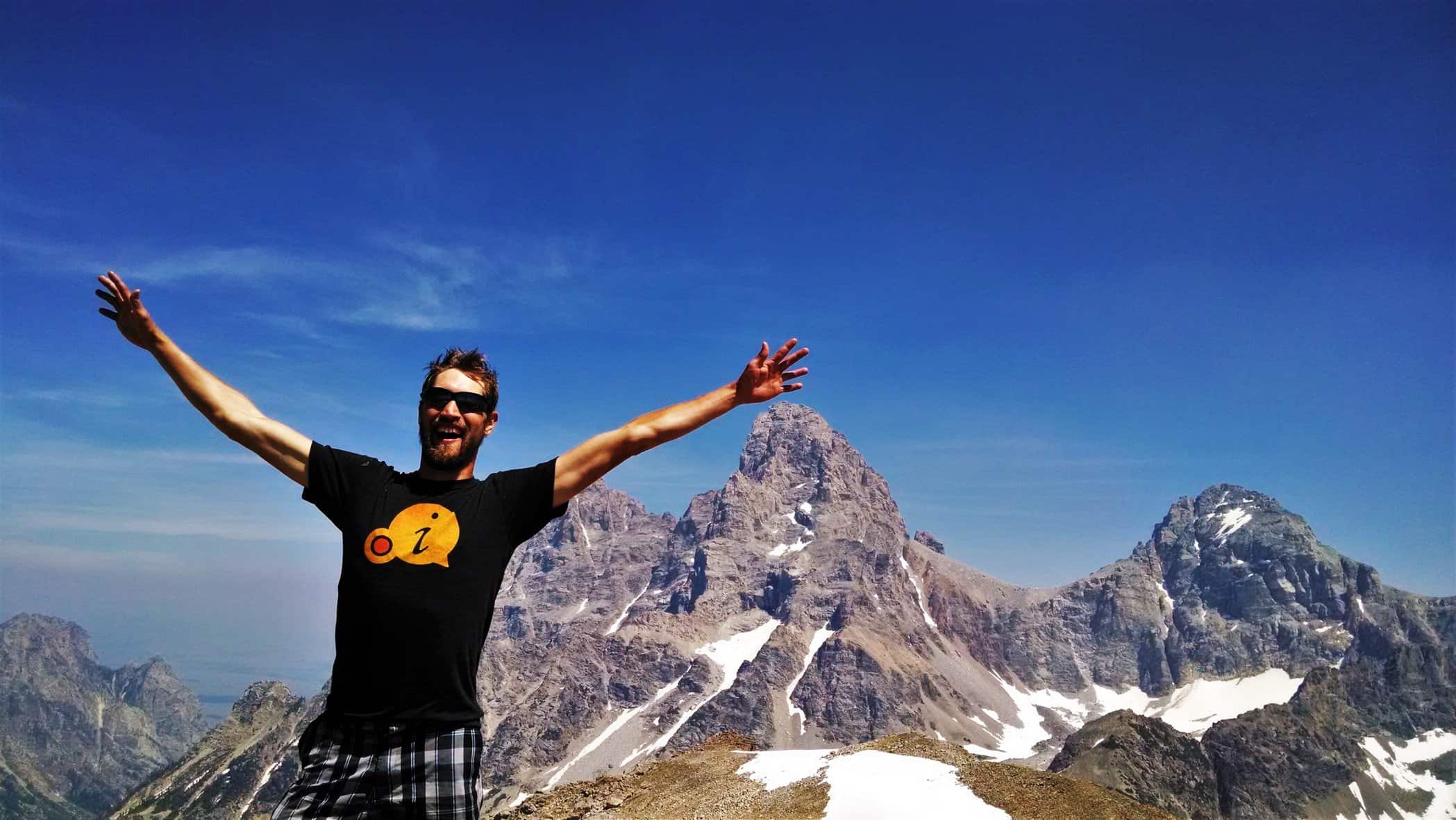
Earlier I mentioned about some examples of how even my own rewards can be contradicted. Both of these examples ended in the same outcome: not summiting a peak. For both of these trips I was with others—tagging along more than leading. However, aside from that these adventures were very different, including how I felt while hiking back down, humbled, with the summit in our midst.
JULY 2003: LONGS PEAK, COLORADO – 14,259 FT ABOVE SEA-LEVEL
My first experience of ever attempting to hike to the top of a mountain. I went with three buddies of mine, only one which had completed the route previously. We walked across boulders large enough to park a car on, crossed through the famous Key Hole, and then finally began scrambling up the scree-covered trough to the summit. Except we didn’t make it to the summit. When we got to a semi-technical part that a couple of us had trouble getting through we bailed, even though a friend and I made it across. It was frustrating, but in my lack of experience, I didn’t want to continue alone.
FEBRUARY 2015: BELL MOUNTAIN, IDAHO – 11,611 FT ABOVE SEA-LEVEL
This adventure held many firsts, which I share about in my 2015 Annual Milestone Review. It was not only my first overnight backpacking trip but also my first winter trip. The two guys I joined were fairly experienced in winter backpacking and summiting icy peaks. The plan was to hike and camp just below the summit the first day and then ascend Bell Mountain the following morning and get back to base camp the next.
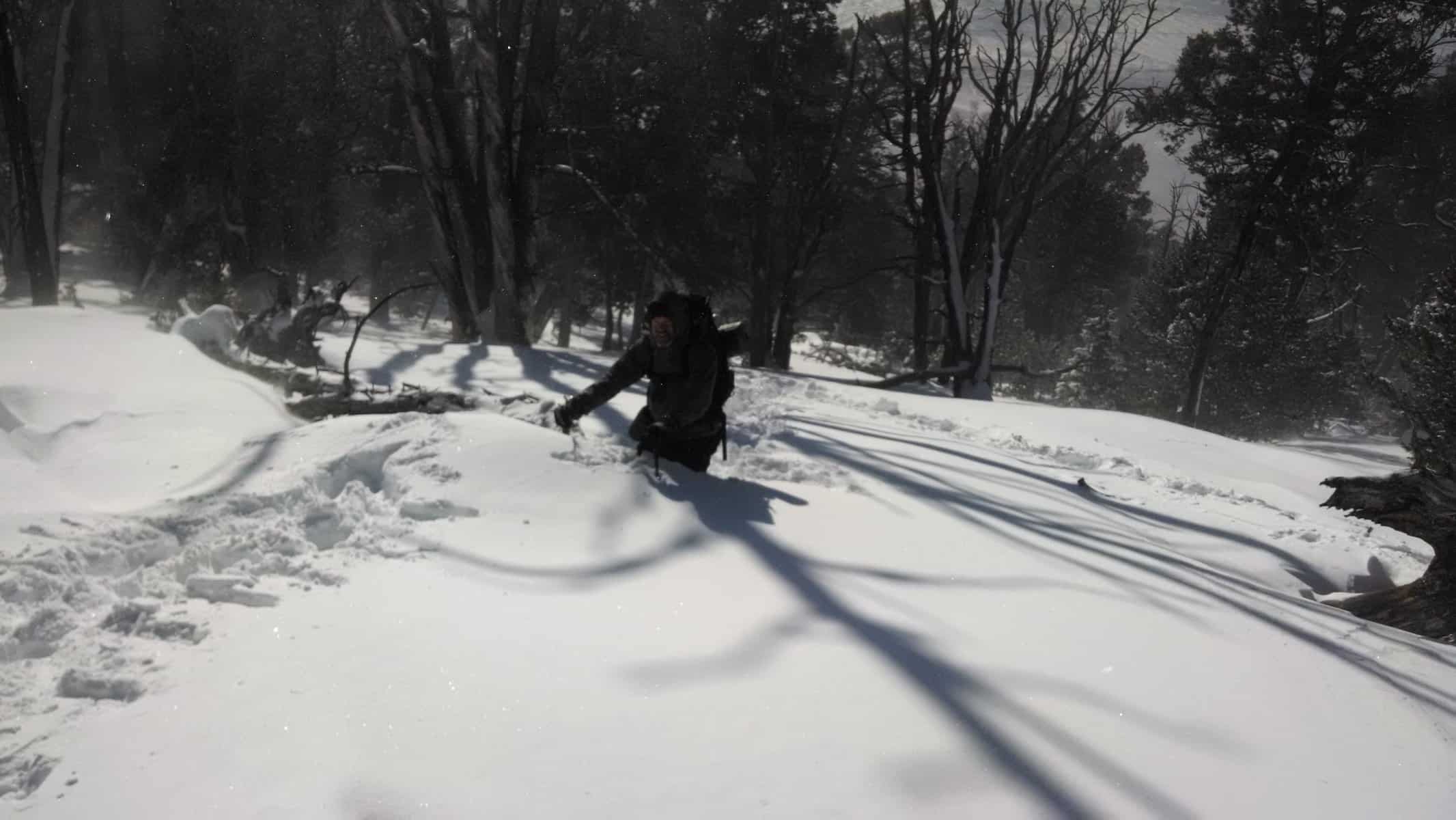
By 3 PM we ran into brutal winds and 4-5 feet of powder we sunk in up to our waist with each step. It took us thirty minutes to get roughly 30 yards through the deepest section. We regrouped and took shelter from the wind at a tree. At this point, the question was: do we go on and take the chance of not getting far enough by dark to set up camp? Or do we nix the plan to summit the peak, head back into the treeline and set up camp there? We opted to turn around, make camp and eat hot food. I was more than content with either option and trusted their judgment.
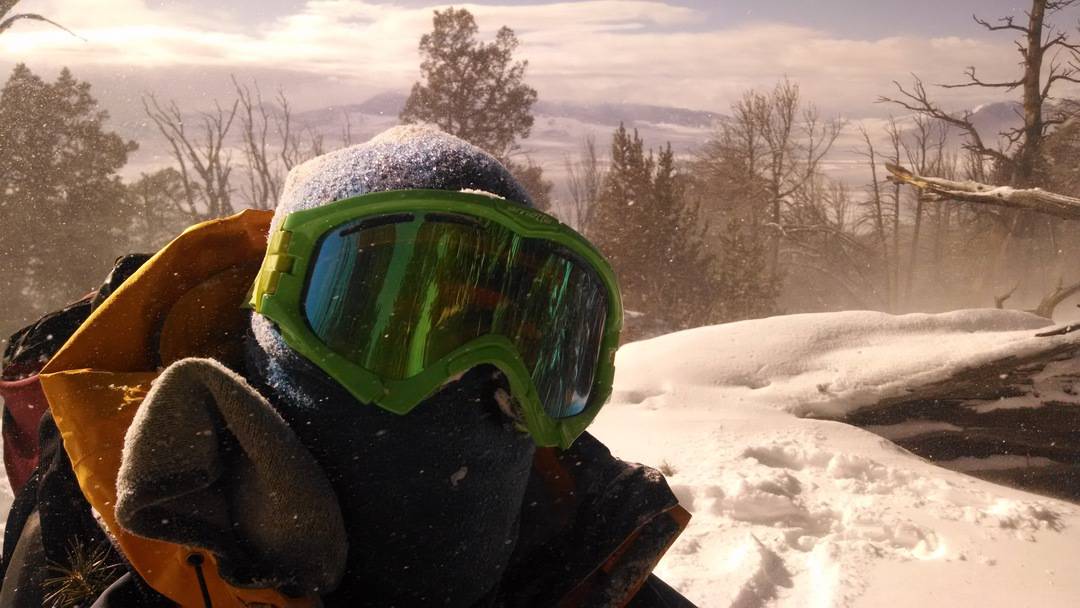
Both of these experiences were new to me in different ways. I felt during the first, however, that the destination was attainable. The second was likely not reachable given the conditions and potentially unsafe. In this instance, I was learning along the way and winter camping for the first time. I still hated to not reach the goal, but the overall experience was still a learning process, which countered my disappointment.
Sometimes, There Are Frustrations
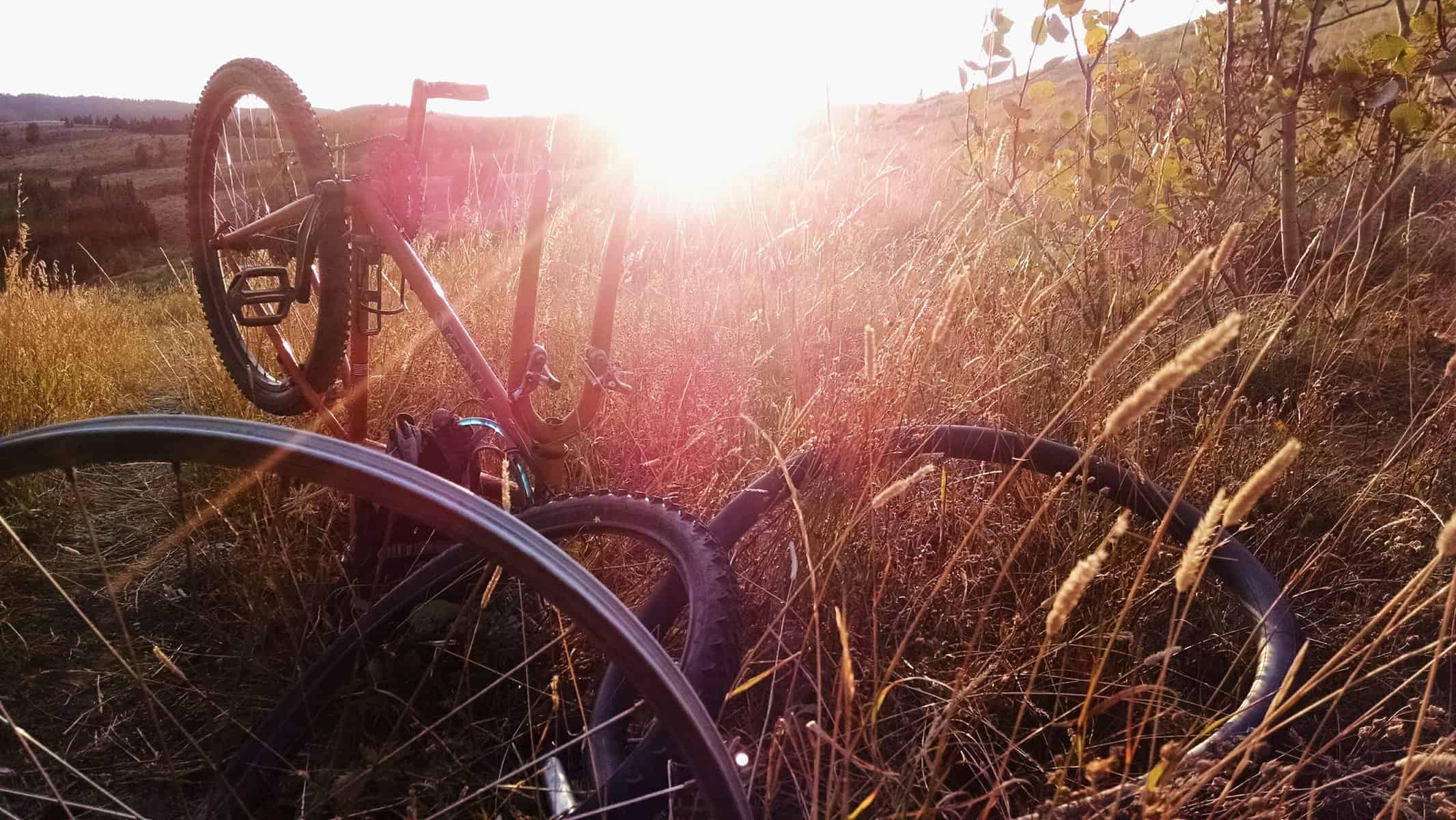
Not every outing is perfect. Not every adventure amounts to some new discovery, huge milestone or amazing scenery. Sometimes things go wrong… you approach a “dead-end”… you get a flat tire… multiple flat tires… you run out of food or water… or both. You get too cold. You get too hot. You just bonk (that feeling when you feel you can’t go any further).
Contemplating Conclusions
Getting through the difficult times is exactly what everything in this post is about. When you have no choice but to make the best of the situation you are in, I feel that is when real growth in self-reliance and vigilance is gained. This growth propels you through bigger and greater adventures. Soon, you focus less on the bad things that happen and more on the overall experience. And a perception develops that you begin to even interpret the “bad things” in a different light.
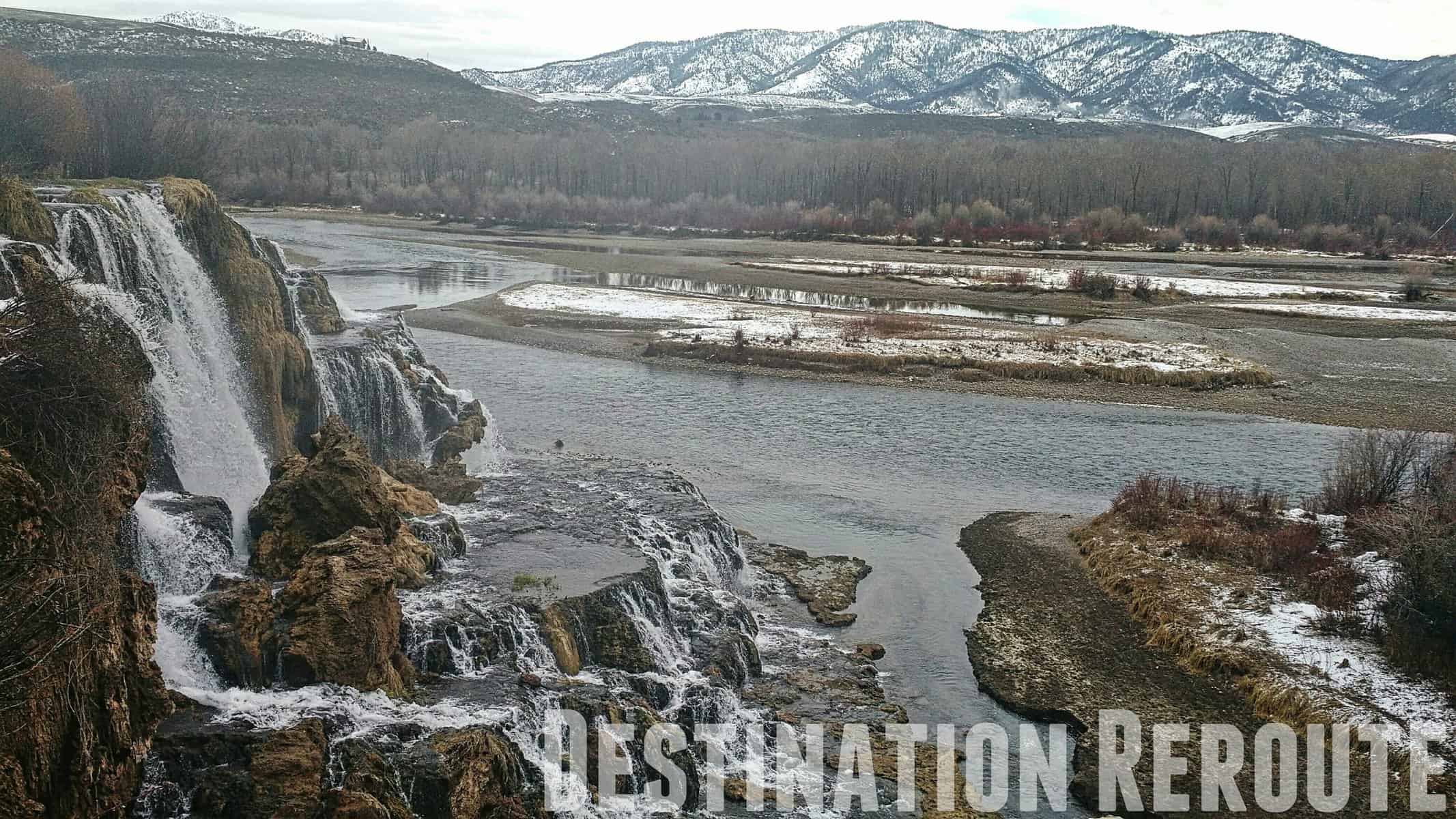
LIFE’S EVENTS, FACTS, AND HAPPENINGS ALWAYS REMAIN THE SAME. IT’S HOW MUCH WEIGHT, FOCUS, AND EMPHASIS YOU GIVE THEM THAT DETERMINES YOUR PERCEPTIONS.
Each adventure is a little different. Different circumstances. Different goals. Different events. These all play into how you perceive your reward from the adventure and whether you finished with a feeling of success or of wanting more. But that feeling of wanting more in one adventure has the potential of propelling you forward through your next. To learn from past mistakes and overcome any crippling thoughts that kept you from going beyond. Sometimes failure, such as not completing a summit, can be the stronger driving force you need to make it happen when you attempt it again.
I don’t have all the answers on this topic like I wish I had, and like I mentioned in the beginning, I feel I still have a lot to understand.
What drives you to explore the backcountry and go further than you thought imaginable? I’d love to hear your take and experiences concerning this!
Feature Image: Selfie while looking out of Cache Creek drainage, snow biking March 2016

Be First to Comment